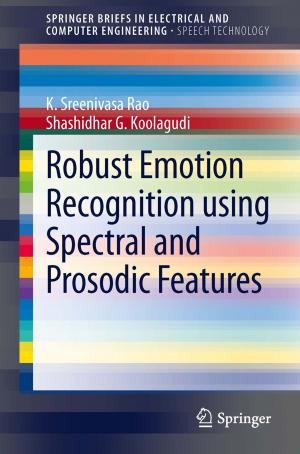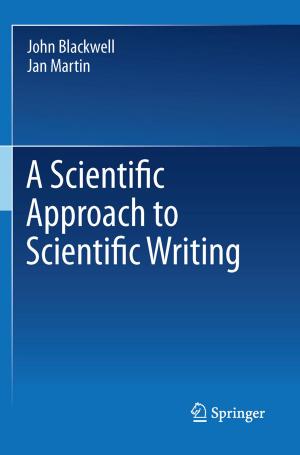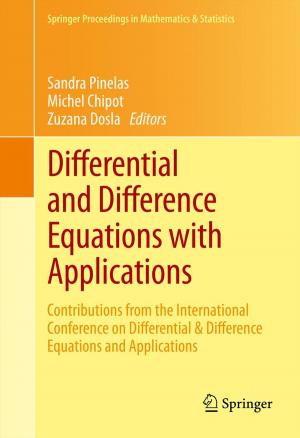Wirelessly Powered Sensor Networks and Computational RFID
Nonfiction, Science & Nature, Technology, Telecommunications| Author: | ISBN: | 9781441961662 | |
| Publisher: | Springer New York | Publication: | February 26, 2013 |
| Imprint: | Springer | Language: | English |
| Author: | |
| ISBN: | 9781441961662 |
| Publisher: | Springer New York |
| Publication: | February 26, 2013 |
| Imprint: | Springer |
| Language: | English |
The Wireless Identification and Sensing Platform (WISP) is the first of a new class of RF-powered sensing and computing systems. Rather than being powered by batteries, these sensor systems are powered by radio waves that are either deliberately broadcast or ambient. Enabled by ongoing exponential improvements in the energy efficiency of microelectronics, RF-powered sensing and computing is rapidly moving along a trajectory from impossible (in the recent past), to feasible (today), toward practical and commonplace (in the near future).
This book is a collection of key papers on RF-powered sensing and computing systems including the WISP. Several of the papers grew out of the WISP Challenge, a program in which Intel Corporation donated WISPs to academic applicants who proposed compelling WISP-based projects. The book also includes papers presented at the first WISP Summit, a workshop held in Berkeley, CA in association with the ACM Sensys conference, as well as other relevant papers.
The book provides a window into the fascinating new world of wirelessly powered sensing and computing.
The Wireless Identification and Sensing Platform (WISP) is the first of a new class of RF-powered sensing and computing systems. Rather than being powered by batteries, these sensor systems are powered by radio waves that are either deliberately broadcast or ambient. Enabled by ongoing exponential improvements in the energy efficiency of microelectronics, RF-powered sensing and computing is rapidly moving along a trajectory from impossible (in the recent past), to feasible (today), toward practical and commonplace (in the near future).
This book is a collection of key papers on RF-powered sensing and computing systems including the WISP. Several of the papers grew out of the WISP Challenge, a program in which Intel Corporation donated WISPs to academic applicants who proposed compelling WISP-based projects. The book also includes papers presented at the first WISP Summit, a workshop held in Berkeley, CA in association with the ACM Sensys conference, as well as other relevant papers.
The book provides a window into the fascinating new world of wirelessly powered sensing and computing.















